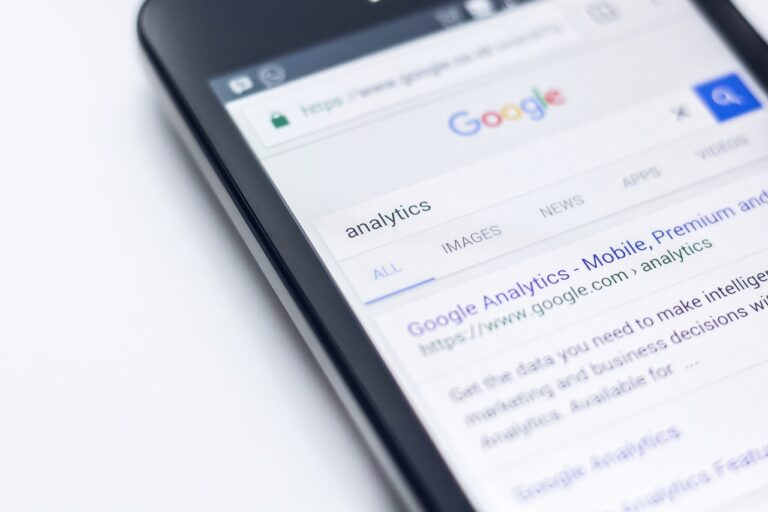
Microsoft specialists report the blocking of approximately 7,000 password-based attacks every second — nearly double the number recorded a year ago. These figures underscore the urgent need for more robust methods to safeguard user accounts.
One promising solution lies in Passkeys. Leveraging biometric data or PIN codes to unlock private keys stored on users’ devices, Passkeys render themselves virtually impervious to phishing and other forms of cyberattacks.
The data also reflect the increasing sophistication of cyber threats. Over the past year, the volume of man-in-the-middle attacks has surged by 146%. In response, Microsoft is actively integrating Passkeys as part of its transition to more secure authentication methods.
In May 2024, Microsoft announced support for Passkeys across major services, including Xbox, Microsoft 365, and Microsoft Copilot. This initiative has significantly streamlined the sign-in process — Passkeys operate three times faster than passwords and eight times faster than the combination of passwords with multi-factor authentication.
Users are embracing this innovation enthusiastically: 98% of them now successfully authenticate using Passkeys, compared to just 32% for traditional passwords.
Microsoft continues to promote Passkey registration, presenting it as an option when users create accounts or reset passwords. The results have been remarkable — Passkey adoption skyrocketed by 987% following the rollout of the redesigned login interface for Microsoft services.
Microsoft predicts that, in the coming months, hundreds of millions of users will migrate to Passkeys. The ultimate objective is the complete elimination of passwords in favor of phishing-resistant accounts.
The shift to Passkeys heralds a new era in cybersecurity. Initiatives from industry giants like Microsoft have the potential to revolutionize authentication practices, making them both seamless and secure. This transformation may well mark the beginning of the end for the password era.


